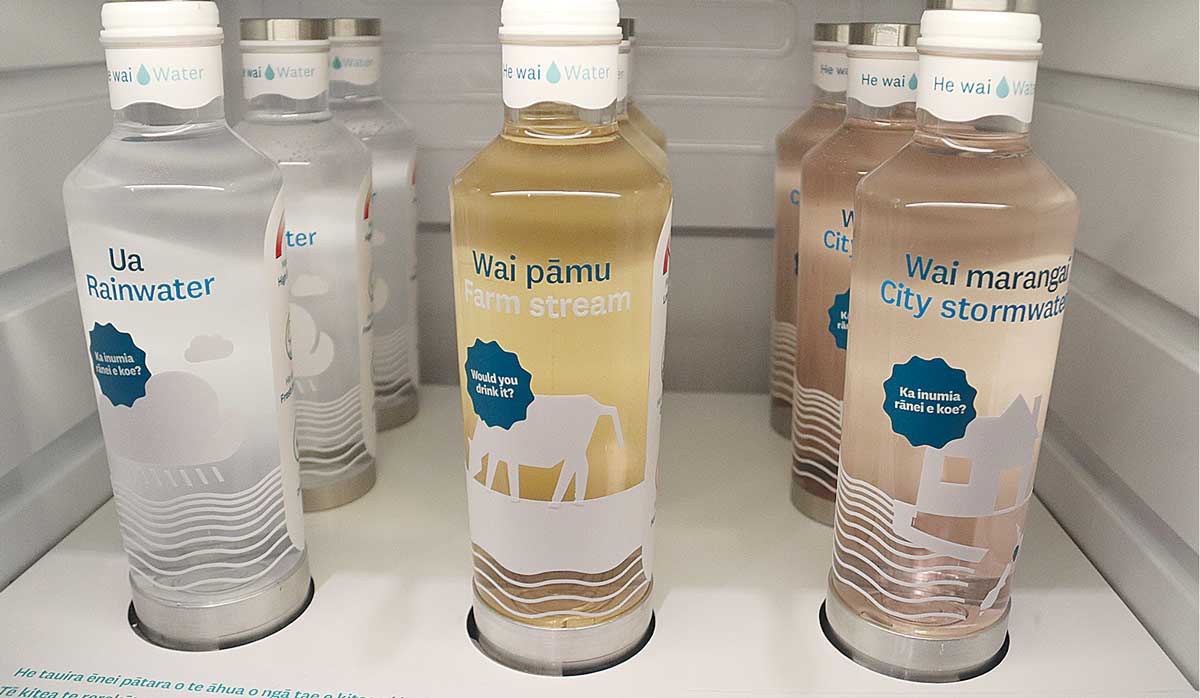Strange bedfellows
OPINION: Two types of grifters have used the sale of Fonterra's consumer brands as a platform to push their own agendas - under the guise of 'caring about the country'.
OPINION: “A lie is halfway around the world before the truth has a chance to get its pants on” sums up the propaganda certain activists, bureaucrats and policymakers are spreading about the farming sector in this country.
Such a quote can be attributed to Winston Churchill.
For years, we’ve seen the likes of Fish & Game, Greenpeace and Forest and Bird lobbyists constantly and consistently painting agriculture with malevolent terms such as: ‘dirty dairying’, ‘industrial farming’ and ‘water polluters’ – to name a few. While there is some truth in such claims, it is by no means fair or truthful to label all farming as environmentally damaging as these groups do.
Late last year, we saw the country’s national museum Te Papa running an exhibition on water quality in New Zealand that was clearly anti-farming. The exhibition showed water quality in various parts of the country: farm streams, lakes and harbours. However, Te Papa had water bottles artificially coloured to show what they believe is the colour of water in those places. It also had an interactive display where people can supposedly improve the environment by touching a screen which said: “less dairy”.
For its part, Te Papa basically admitted it was screwing the scrum on farming’s impact in its exhibition to get people talking about the environment.
“We can’t be an encyclopaedia that presents the full complexity of an issue,” a museum spokesperson said. “But we can spark interest and get people thinking and talking.”
 |
|---|
|
The bottles at Te Papa’s exhibit on water quality. |
That is an unbelievably dangerous and irresponsible attitude from the country’s national museum.
And now we see the latest addition to the school curriculum, a government–backed resource on climate change, which – again – takes an overly simplistic and anti-farming approach to a very complex subject.
The teaching resource, which will be used in schools this year, see students told, among other things, to eat less meat and dairy to stave off the end of the world.
There appears to be no discussion about the actual carbon footprint of NZ meat and dairy (which is low compared to other global producers) or the environmental impact of growing more crops to produce plant-based food.
How can we expect people to be fully informed on such important issues; when deliberate half-truths and misleading information is sanctioned by government, educators and museums?
As an industry we must continue to push back and demand the whole truth be told.
Tickets are now available for Beef + Lamb New Zealand’s (B+LNZ) Out the Gate, returning from 19-21 May 2026 at Te Pae, Christchurch.
Dairy Women's Network (DWN) is welcoming AgriHealth as a new partner.
Northland Field Days patron Ross Newlove remembers the inaugural field days he attended 40 years ago.
Southland farmer Murray Donald has been appointed as chair of Safer Farms, the industry-led organisation focused on reducing harm, injuries and fatalities in the agricultural sector.
National Lamb Day returns this Sunday, 15 February, with Beef + Lamb New Zealand Inc calling on Kiwis to fire up their barbecues and celebrate the people and the product that put New Zealand on the world map.
When it comes to arranging the sound system at Northland Field Days, no one does it better than Colin Finlayson.

OPINION: Here w go: the election date is set for November 7 and the politicians are out of the gate…
OPINION: ECan data was released a few days ago showing Canterbury farmers have made “giant strides on environmental performance”.